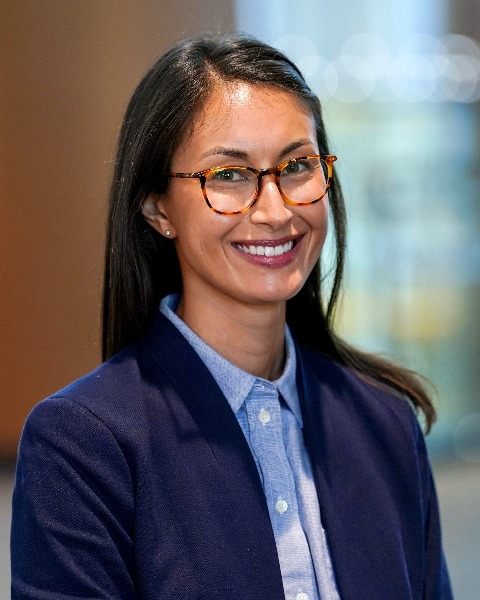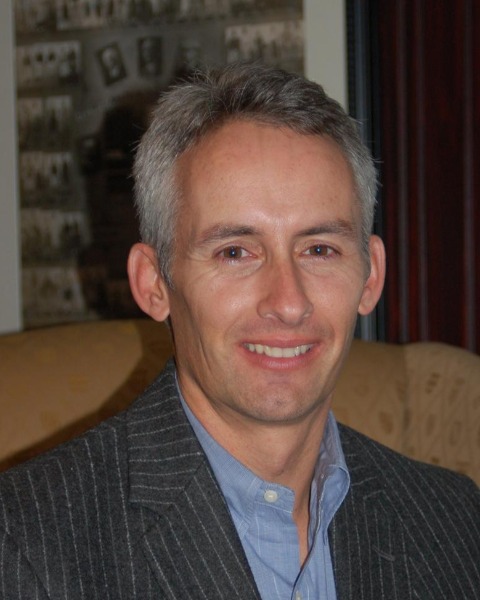Diversity and Inclusive Design
Wakpada: Honoring Native Communities in Mixed-Use Development
Saturday, April 13, 2024
12:00 PM - 12:45 PM CT
Location: Room 200 F - J
CM | .75
Division Endorsement: Housing and Community Development Division

Mei-Ling Smith, AICP (she/her/hers)
Principal City Planner
City of Minneapolis CPED-Plng Dept
Minneapolis, MN
Jeffrey Hall, MBA (he/him/his)
President
Hall Sweeney Properties
Minneapolis, Minnesota- JB
Moderator and Speaker(s)
Speaker(s)
While the presentation will provide examples of how to successfully honor Native communities as part of a development, it will also demonstrate how planning for diversity, equity, and inclusion should not be one-size-fits-all since it must be based in authenticity, listening, and collaboration. The audience will gain insights into a grassroots approach to outreach and engagement with indigenous communities. Panelists will discuss their personal perspectives on the partnership, how they navigated conflicting feedback and varied reactions from other community members, and how the developer gauged potential risks by investing in this unconventional approach.
Panelists will share the many context-sensitive techniques that they implemented to bolster the Dakota language and Indigenous values in the Wakpada project, including public art, audio recordings, the building name (which means “creek”), a land acknowledgement ceremony, sustainability features, applying a racial and gender equity lens to the building’s ownership structure, a donation to the National Forest Foundation, and even pursuing certain commercial uses and tenants over others.
This session will inspire participants to think deeply and creatively about the big and small steps they can take to advance equitable outcomes in their professional and personal lives.
Access this session with closed captions (Wordly)
Panelists will share the many context-sensitive techniques that they implemented to bolster the Dakota language and Indigenous values in the Wakpada project, including public art, audio recordings, the building name (which means “creek”), a land acknowledgement ceremony, sustainability features, applying a racial and gender equity lens to the building’s ownership structure, a donation to the National Forest Foundation, and even pursuing certain commercial uses and tenants over others.
This session will inspire participants to think deeply and creatively about the big and small steps they can take to advance equitable outcomes in their professional and personal lives.
Access this session with closed captions (Wordly)
Learning Objectives:
- Inspire participants to identify appropriate, context-specific opportunities to partner with and honor diverse communities as part of a development project
- Identify realistic timelines for partnership and engagement with local communities from start to finish
- Balance the benefits, risk, and challenges of pursuing equitable planning outcomes
